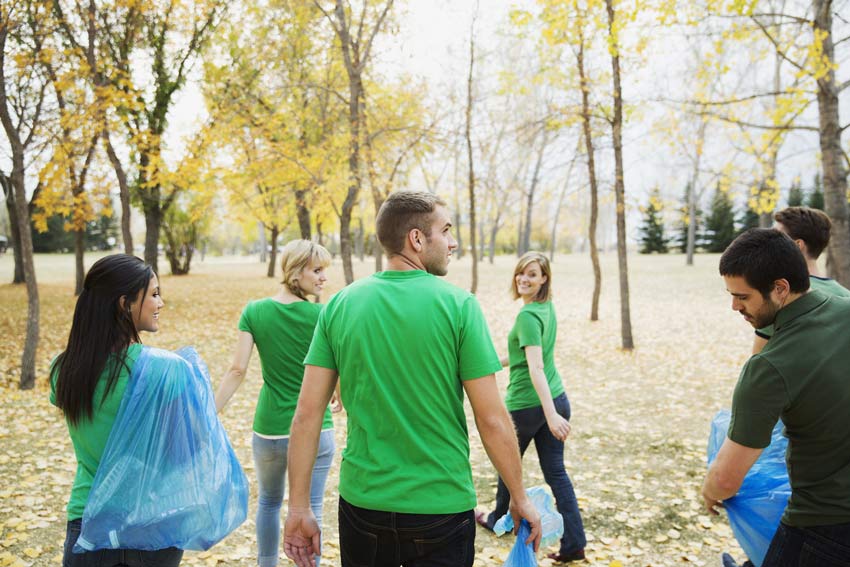It almost goes without saying that an addiction to drugs or alcohol upends your ability to be your best self. When all your energy is turned toward maintaining your habit, you simply do not have the bandwidth to take the needs and feelings of others into account. In fact, you may not even really notice that you are hurting those around you with your words or your actions or both.
A Plan Forward
But all of that changes when you get help and get sober. Going through detox and rehab allows you to take a good look at the aftermath of decisions you made while you were under the influence of alcohol or drugs. Among the aftermath, you may find a number of broken relationships as well as plenty of evidence of responsibilities ignored and kindnesses left undone.
While you may be feeling great about your decision to get help and to work to maintain your sobriety, your past mistakes can hang around to haunt you. The result can be overwhelming feelings of guilt or shame—feelings that can undermine all the hard work you have done and put you on the road to relapse.
Because of this danger, it is essential that you look for ways to lessen those feelings of guilt. One way to do that is by making amends to those you have hurt; another is to look for ways to give back to your community.
Making Amends – An Important Step Beyond Saying You Are Sorry
When you have hurt someone, a sincere apology is a wonderful place to start. And in some cases, that apology may be enough to get your relationship back on track. In other cases, however, an apology may not carry the day. In either case—whether a person is quick or slow to forgive—going a step further can help you strengthen your relationships while allowing your feelings of guilt to subside. (Speaking of “steps,” we will note here that making amends is a key component of 12-Step recovery programs.)
Making amends is more than offering an apology. When you commit to making amends, you take some sort of direct action—listening intently and calmly while a person explains how your action made them feel, performing a kindness for someone to counterbalance the harm you have caused, taking responsibility for your actions without making excuses—that demonstrates your sincere desire to restore your relationship. It can be a powerful experience for both parties.
Ideally, the people to whom you have made amends will seize the opportunity to support you as you pursue long-term sobriety. Newly repaired relationships can be a source of motivation when cravings or strong emotions threaten your ability to stay sober.
We should note that some people in your life will be unable to forgive you. In those cases, it might be tempting to allow more guilt and shame to undermine your recovery. Instead, remind yourself that you are only responsible for apologizing and attempting to make amends. How those efforts are received is not something you can control. Make peace with yourself, confident that you have done what you can to make up for what happened before you got sober.
Giving Back – Countering Past Bad Behavior with Current Good Behavior
You already know that you can’t change the past. But you can start reshaping your life from this moment forward. Now that you are sober, it might be the perfect time to make a conscious effort to be a force for good in your community. You can think of it as balancing the scales—or rather, as tilting the scales in the direction of positive change. While you were using drugs or alcohol, you undoubtedly made mistakes and poor choices. Those can’t be undone. But now that you are able to make good choices, you have an opportunity to use those choices to help others.
The options for giving back are abundant. You could become a volunteer for any number of worthy organizations ranging from social service providers to advocacy campaigns to arts and culture organizations. You can make yourself available to help your friends and neighbors with projects or other needs—shoveling a driveway, mowing a lawn, picking up groceries. You can make donations to causes or even just tip more generously if you have the means to help alleviate financial hardships.
Prioritizing the notion of giving back and helping others can be an effective way to set your guilt and shame aside.
Other Resources Can Also Help You Set Guilt Aside
You may find it helpful to talk through your feelings of guilt with your therapist. Participation in a 12-Step or other recovery-centered program might help you address powerful feelings of regret in more positive ways. There are podcasts, books, documentaries, blogs, and more that offer wisdom and encouragement while reminding you to avoid becoming a prisoner to your guilt.
You may also find that making a commitment to getting enough sleep, exercise, and nutritious food helps alleviate feelings of shame or guilt. All three boost your physical and mental health, and when you feel better, you may be better able to manage negative emotions when they arise. Mindfulness meditation or yoga may also offer support as they encourage you to focus on the present moment rather than the past or the future.
You Should Never Feel Guilty About Getting the Help You Need
We want to assure you that Bel Aire Recovery Center is not in the business of judging you for your substance use disorder. Instead, we are in the business of offering compassionate, personalized, evidence-based care that will help you put drugs or alcohol behind you and give you confidence as you set off on your recovery journey.
For more information about programs offered at Bel Aire Recovery Center, addiction rehab in Kansas, contact us today. We are ready to help you transform your life from drug and alcohol abuse.




